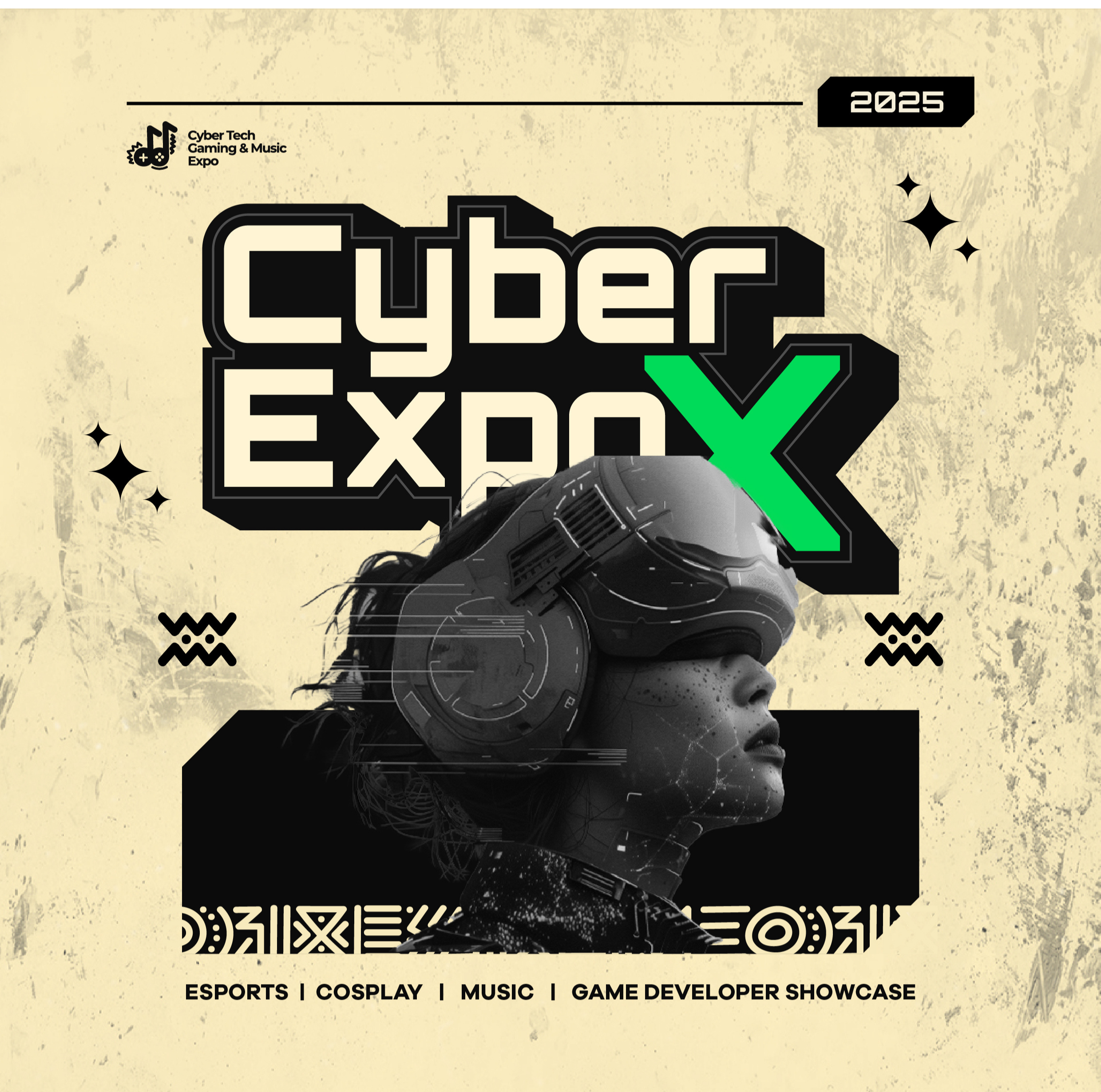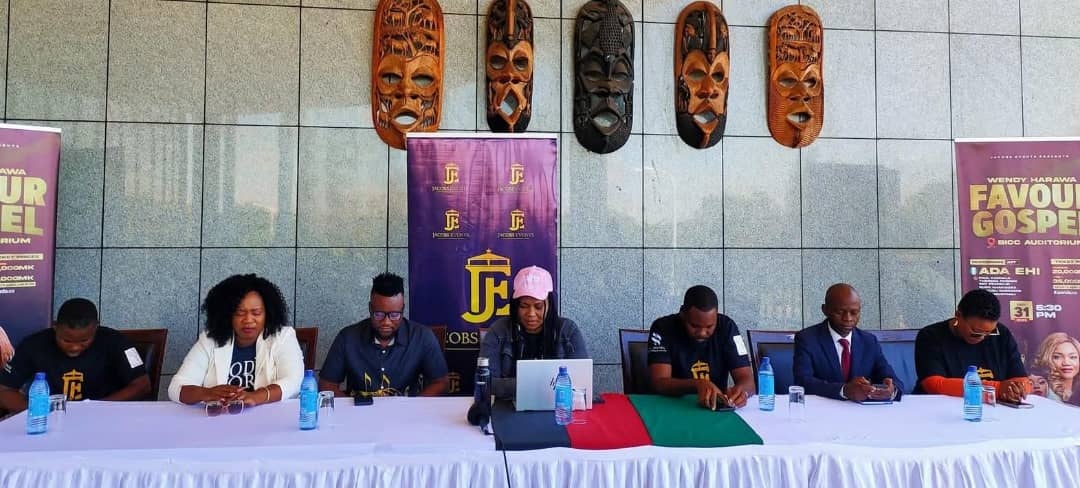By Burnett Munthali
Social media platforms in Malawi have been buzzing with anger directed at popular musician Dan Lufani, but in a surprising twist, fellow artist Skeffa Chimoto has also been caught in the controversy. What began as a backlash against Lufani’s political allegiance to the ruling Malawi Congress Party (MCP) has morphed into a broader call for a boycott of both musicians.
A particularly viral post that has been widely shared reads: “Amalawi anzanga, tiyeni tonse tiwapange block oyimba awiri amenewa Skeffa ndi Dan Lu,” which translates to, “My fellow Malawians, let’s all block these two singers, Skeffa and Dan Lu.” This message reflects a growing frustration among some fans who believe that both artists are failing to align with the people’s struggles during this politically charged period in the country.
The online backlash against Dan Lufani erupted after he publicly declared his support for the MCP, a move that many fans felt was a betrayal. Lufani, who had built a strong following due to his musical talents, saw a rapid decline in popularity, with thousands of fans unfollowing him on social media. The anger stems from a widespread belief that artists, as public figures, have a duty to align themselves with the people’s interests, especially in times of political tension.
Though Skeffa Chimoto has largely stayed out of politics, social media users have begun associating him with Lufani. Skeffa, a beloved and respected musician in Malawi, is now facing criticism for his perceived silence. Fans accuse him of passivity, suggesting that his refusal to engage with the political climate is out of step with the public’s growing expectation for artists to take a stand.
This incident underscores the power of social media in shaping public discourse in Malawi. Platforms like Facebook have evolved beyond spaces for individual opinions, becoming powerful tools for collective action. The campaigns calling for a boycott of Dan Lufani and Skeffa Chimoto have gained significant traction, amplifying the voices of fans who feel let down by their idols.
The backlash against these musicians also highlights a broader cultural shift in Malawi, where entertainers are increasingly expected to engage with social and political issues. For many fans, neutrality is no longer an acceptable stance for public figures. The criticism directed at Skeffa, in particular, suggests that silence in the face of national turmoil is being interpreted as complicity or indifference.
As the social media campaigns to block Dan Lufani and Skeffa Chimoto gain momentum, the lines between entertainment and politics are becoming increasingly blurred. Malawian musicians, like their counterparts across the world, are finding that their political views—or lack thereof—are now central to their public personas. How Dan Lufani and Skeffa Chimoto navigate this storm of criticism could shape not only their careers but also set a precedent for how Malawian artists engage with politics moving forward.
In this politically charged atmosphere, the question remains: will artists like Lufani and Skeffa adapt to the growing demands for social and political accountability, or will they face a lasting backlash from the very fans who once celebrated them




